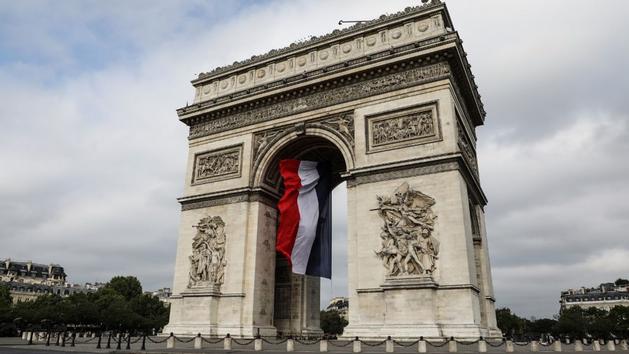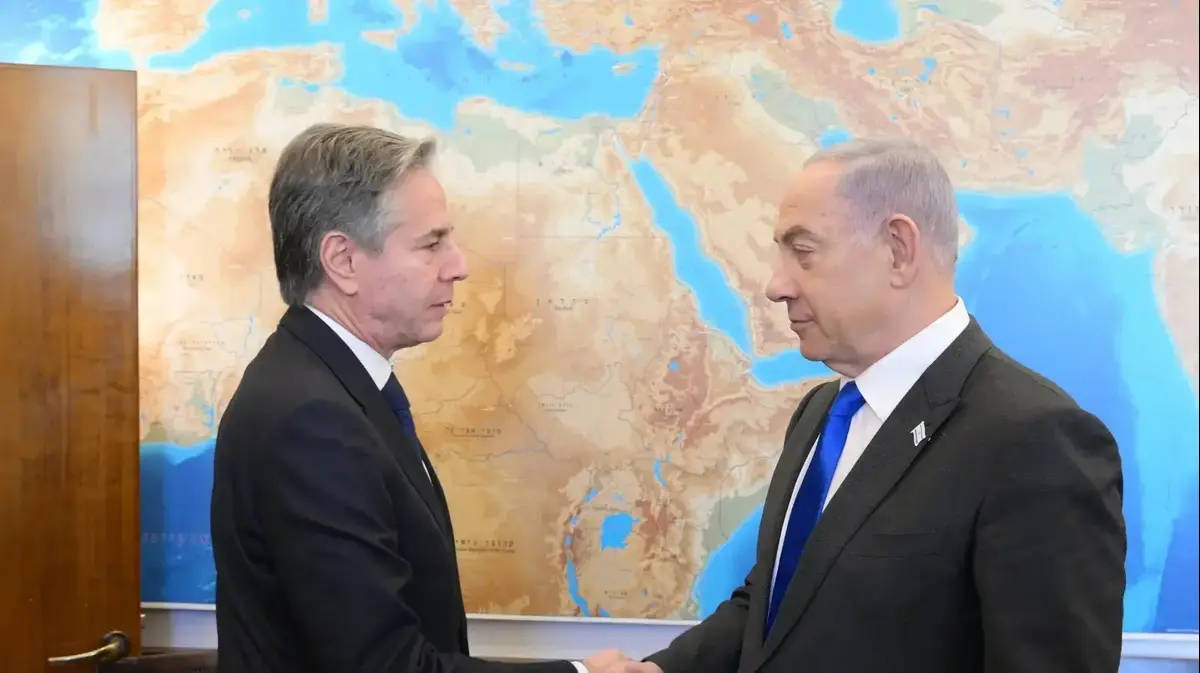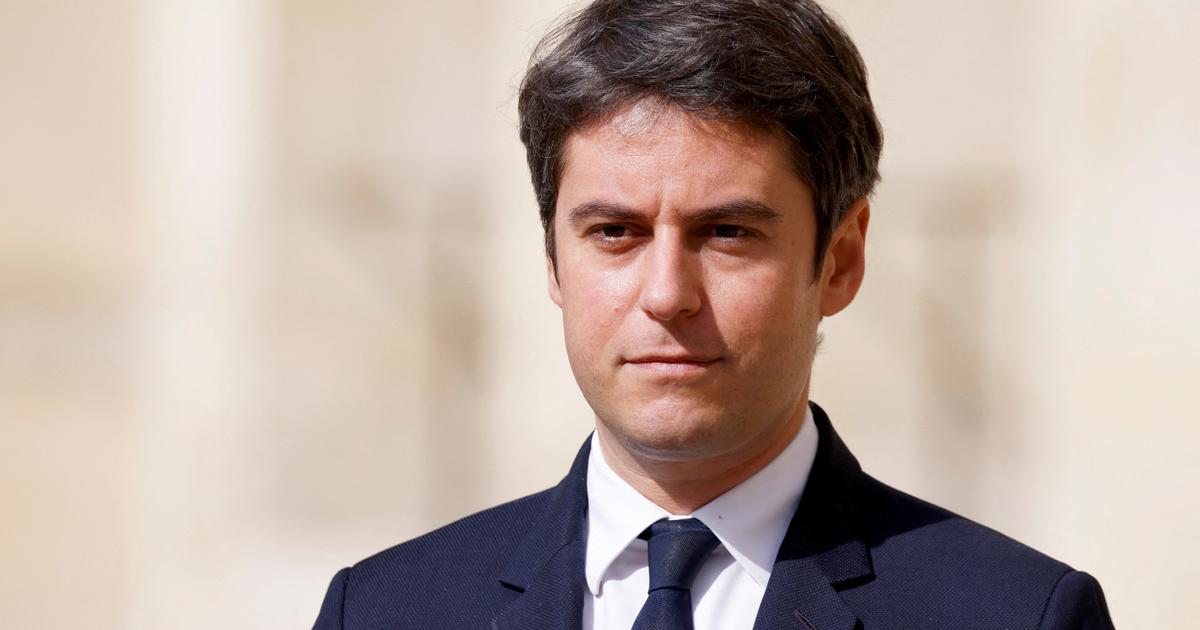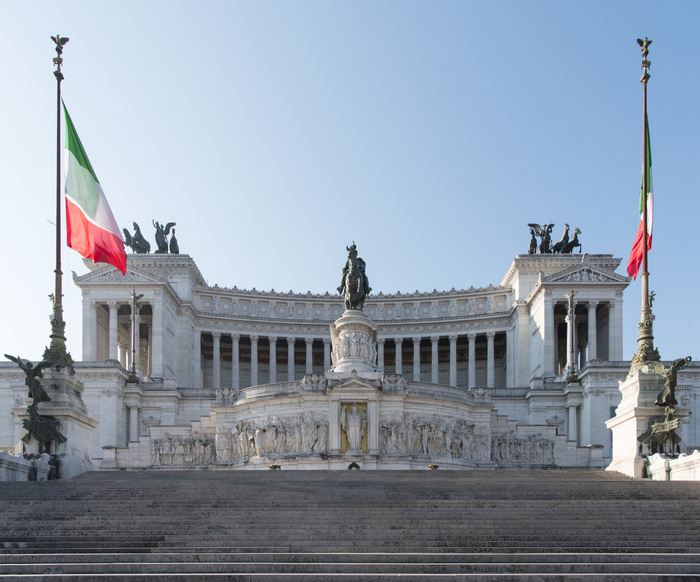A graduate in history and political science, Max-Erwann Gastineau is editor-in-chief of the Politics pages of the journal Limite. He has just published Le Nouveau trial de l'Est (Éditions du Cerf, 2019).
We no longer decide to change, we undergo it. The epicenter of the upheavals of the world may well spring away from our lands, its shock waves touch us in the heart. Financial crisis, migration crisis, health crisis ... with each shock, the European seismograph panics, the sentence comes up; acknowledgment of our helplessness.
The illusion would be to believe that the return of public intervention in the economy signals the return of politics. One thing is to act in times of crisis, in the face of an emergency. Another is to act in calm weather, away from tumult.
The term "carelessness", often mentioned to describe the lack of anticipation and responsiveness of public authorities in the face of the Covid-19 pandemic, confuses us. Because carelessness reveals a lack of organization. But what we suffered from is not a lack of organization, but an overflow. Until March, everything was going as planned. Outdated masks were burned because the rules laid down required them to do so and the main thing was elsewhere: being able to obtain supplies from producing countries, such as China.
The debt is that we will never repay, that which the living contract with the dead.We did not lack organization, rules or procedures but latitude. Embedded in the maze of "good management", head bowed in the handlebars of adaptation to globalization, we have not been able to open ourselves to the call of other sources. The fight against deficits was blocking our horizon. A debt is discharged, linking debtors and creditors in the interest rate community. It is a perpetual present and a matter of merchant exchanges. Another debt is that which we will never repay, that which the living contract with the dead. The one who summons honor and obliges. This debt which cannot be discharged but which, however, prepares the future, links command to the beginning, action to foundations.
Also: What needs to change: lessons from the pandemic by Michel Onfray, Frédéric Saldman, Nicolas Baverez ...
In The Cultural Crisis , Hannah Arendt recalls this fundamental link between action and foundation, between power ( potestas ) and authority ( auctoritas ), between management and the source that guides it. Authority does not exercise power, reminds the philosopher, but anticipates it. It is a metaphysical source, a historical background constituting the base on which the political decision builds its vocation. In Rome, the reference to the origins of the Republic prevailed. The future depended on the ability of the Romans to maintain the vitality of the foundational spirit over which the Senate watched and was, by virtue of this function, legitimate to govern common life. In Reims, the coronation replicated the divine anointing which raised kings. He testified to an origin through a rite and enclosed the reign of the monarch in a horizon of customary obligations: protecting the Church and its goods, ensuring the continuity of the Kingdom, making “ observe justice and mercy in the judgments ”…
Behind the physical figure of the statesman are unbroken centuries of history.More recently, let us think of the one who, for us French, best embodies this link between action and foundation: General de Gaulle. "Our whole history is only the alternation of the immense pains of a dispersed people and the fertile grandeur of a free nation grouped under the aegis of a strong state , " he concluded in June 1946 in Bayeux. It is because de Gaulle knew the history of France, maintained intimate links with each of the chapters of this great novel that the resistance took with him the force of the evidence and its political action the fold of the permanence which make France . "I have been speaking like this for a thousand years," he added at the end of a public meeting, as if to better signify how behind the physical figure of the statesman there were uninterrupted centuries of history.
Children of the terrible 20th century, what have we done with our past? With the “European project”, our space-time has considerably reduced. Hitler extinguished Austerlitz. We have gone from Clovis to the ruins of Auschwitz, from a past that forces a past that we no longer want to relive. For fear of our shadow and of the authority which the work of centuries conferred on our nations, we broke the moorings, lost our compass in the limbo of an above-ground enterprise, breaking the bridge which linked loyalty and recklessness, past and become. We acted as if everything had to start all over again; as if a political community could spring up without borders, act without industries and despite all internal cohesion.
There is one thing that all European loans and stimulus plans cannot relocate: faith, national sentiment, the authority of foundations."We started off badly ," Burke reportedly wrote, because from the start we despised everything that belonged to us. Our political engineering has fooled us. We have not built, but destroyed, deprived of arms and control of their production the State responsible for our protection. We have not suffered from globalization but the idea that we had of it. That of a vast movement which, against a background of international division of labor, would create the terms of a salutary complementarity between nations; consecrate the birth of a humanity transfigured by the great challenges of the new millennium.
The European Union was built in rupture, but it is indeed the permanence of international relations, power relations between powers which knock on our doors and threaten, tomorrow, the big groups of a Europe and a France weakened from falling prey to Chinese and American investment funds.
Read also: 2020, a Gaullist year
While the United States intends to restore ("make again") the "greatness of America" and China to ward off the affront it was made in the 19th century to become in 2050 - on the occasion of the 100th anniversary of the Communist regime - the first power in the world, what can France do? There is one thing that all European loans and stimulus plans cannot relocate: faith, national sentiment, the authority of foundations; those who make us citizens of here and not elsewhere, heirs of a nation whose greatness was never the result of chance, but the product of an unceasingly renewed call to show itself worthy of its long past .















